#HELSINKI — The Queqiao-2 #satellite has completed function and performance tests in lunar orbit, clearing China to launch its upcoming lunar far side sample return mission.
Queqiao-2 completed on-orbit communication testing in recent days, the China National Space Administration (CNSA) announced April 12.
The spacecraft conducted successful communication tests with Chang’e-4 mission spacecraft on the far side of the moon April 6. This was followed by a test April 8-9 Beijing time with the Chang’e-6 spacecraft back on Earth, which is yet to launch.


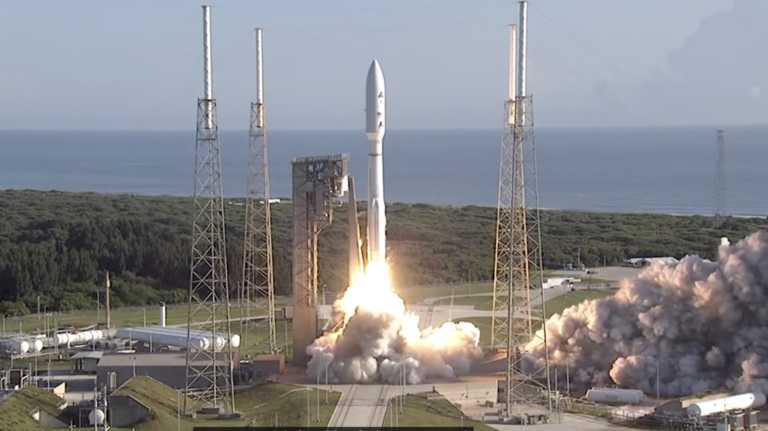


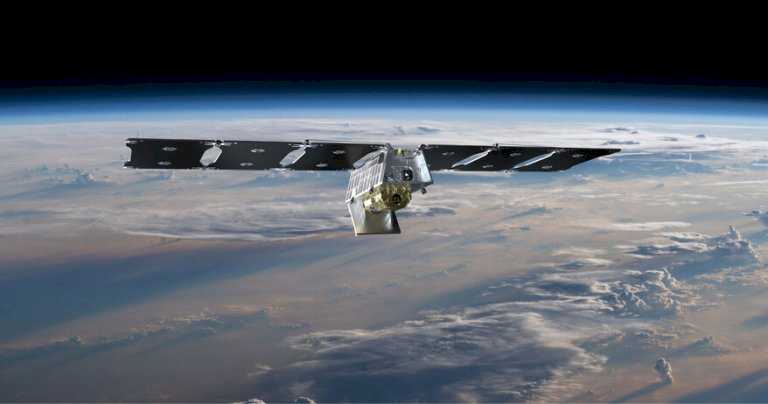
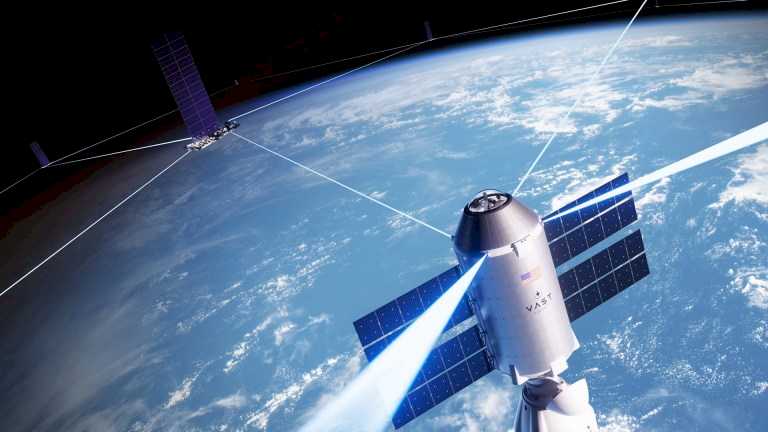
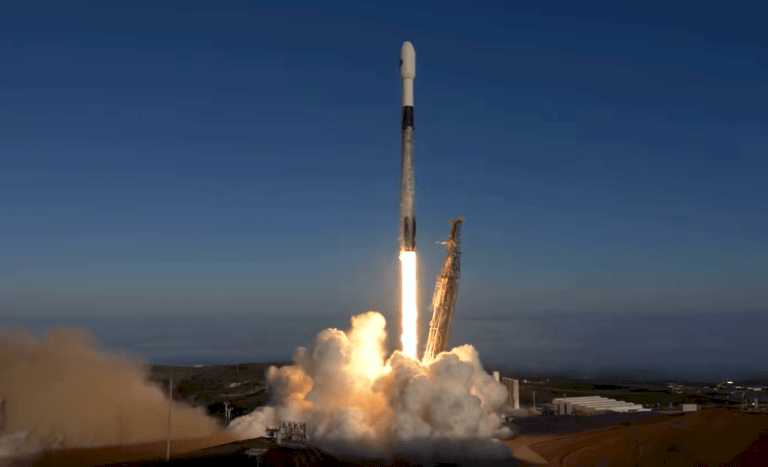



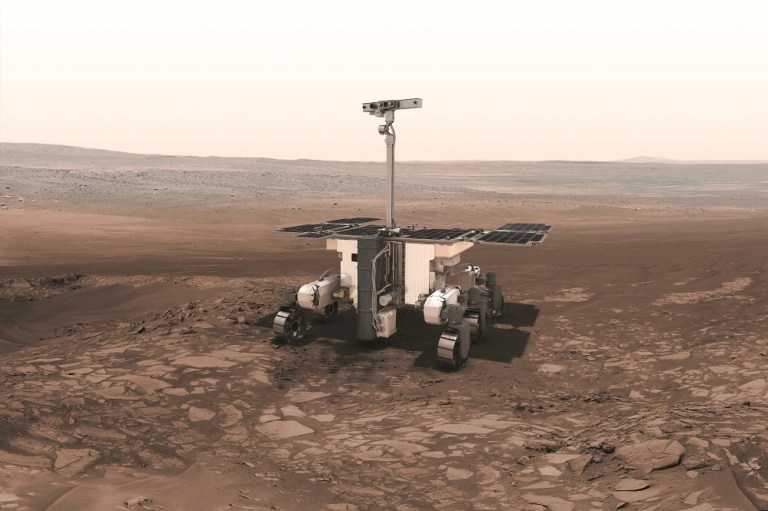

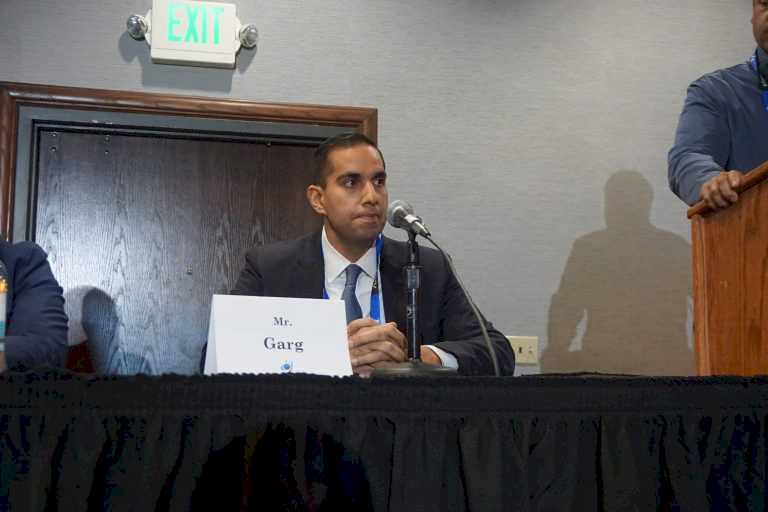



Space news on Umojja.com